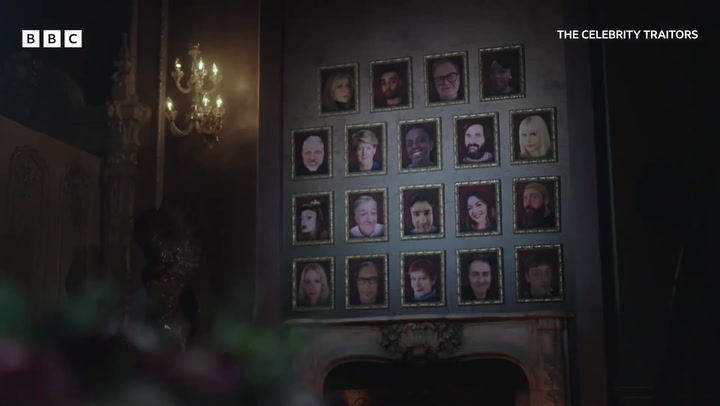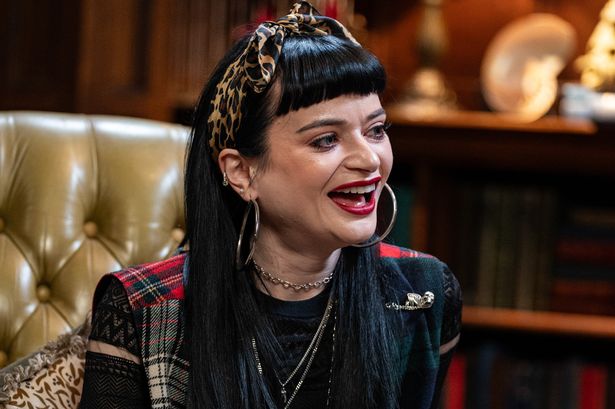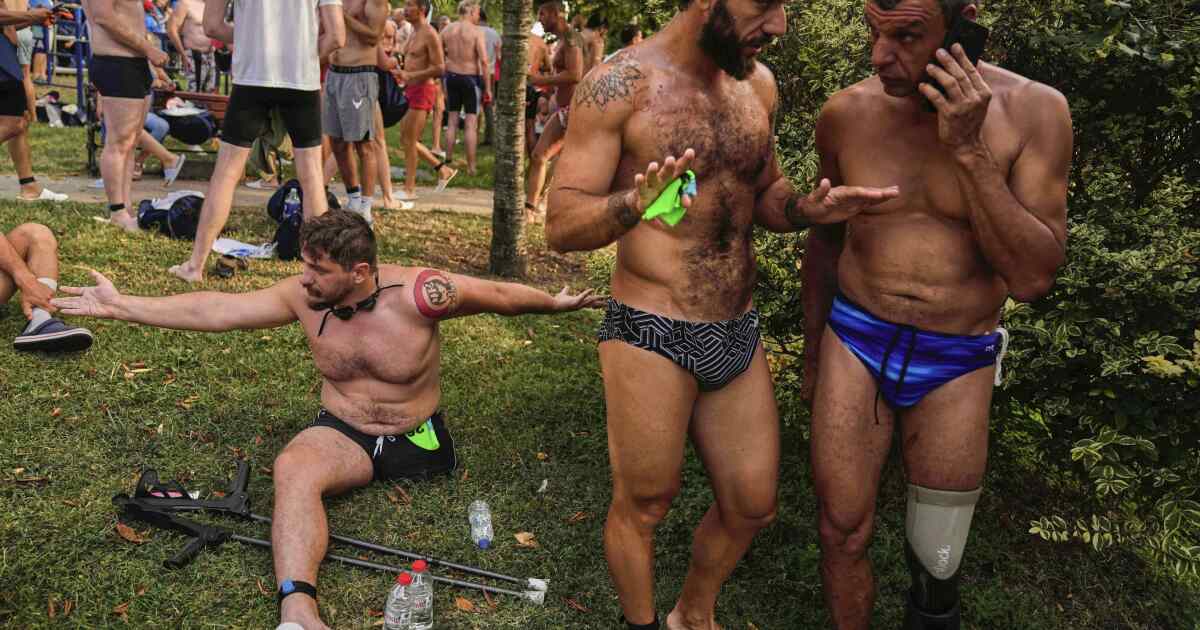Ruth Codd, who is in this year’s The Celebrity Traitors on BBC One alongside 18 other stars, wants to raise awareness about amputations following a horrific injury
Ruth Codd – the Irish actress in The Celebrity Traitors – described her leg amputation as the “greatest challenge” she has ever faced.
The star’s candid interview, which has resurfaced following her appearance in the new series last night, details why Ruth, now 29, had her right leg amputated below the knee. The actress had injured her foot playing football when she was 15 and, in around 2019, she suffered further complications which led to the surgery.
Ruth, from Wexford, Ireland, said she made the decision to help relieve the pain and gain more control over her life. Ruth has learned in the subsequent years to use a prosthetic leg, she told the Irish Examiner. This interview from 2022 has resurfaced today following interest on Ruth and her injury.
She said: “My injury is the greatest challenge I’ve faced in my life so far. I injured it playing soccer at the age of 15. It never healed correctly so until I was 23, I was on and off crutches, getting loads of operations. Because of nerve damage and chronic pain, I chose to get it amputated. It took eight years of my life, constantly going in and out of hospital.
“My whole life revolved around trying to heal my leg. For years, I didn’t see it getting any better. I was stuck in a really bad mindset and I was pissed off at life. When I made the decision to amputate it, things finally started to turn around. It was a relief. I could get on my life.”
READ MORE: Inside Celebrity Traitors star Cat Burns’ autism struggle which took 23 years to diagnoseREAD MORE: Celebrity Traitors fans ‘work out’ which favourite will leave first in surprise twist

The Celebrity Traitors: Full cast revealed
In The Celebrity Traitors, Ruth and 18 other stars compete to prove themselves as either a Faithful or a Traitor. The other celebs include actor and broadcaster Sir Stephen Fry and Olympian Tom Daley.
Ruth, who portrayed Anya in the Netflix thriller series The Midnight Club, previously spoke of her delight to partake in the show. Her enthusiasm was mirrored by the BBC unscripted director Syeda Irtizaali, who said of the show in the summer: “It was a real pleasure to cast this series. I think where we started with was we wanted to have a really broad range of people, obviously, but we also wanted people that were real fans of the show, that really understood it.
“I was worried about it; I was worried about how they were going to play it compared to members of the public, but we have nothing to worry about. They really play the game, and some of the things that you’ll see them doing are extraordinary; that’s all I’m going to say. It’s well worth the wait.”
Hosted by Claudia Winkleman, The Celebrity Traitors will air on Wednesdays on BBC One and iPlayer.


